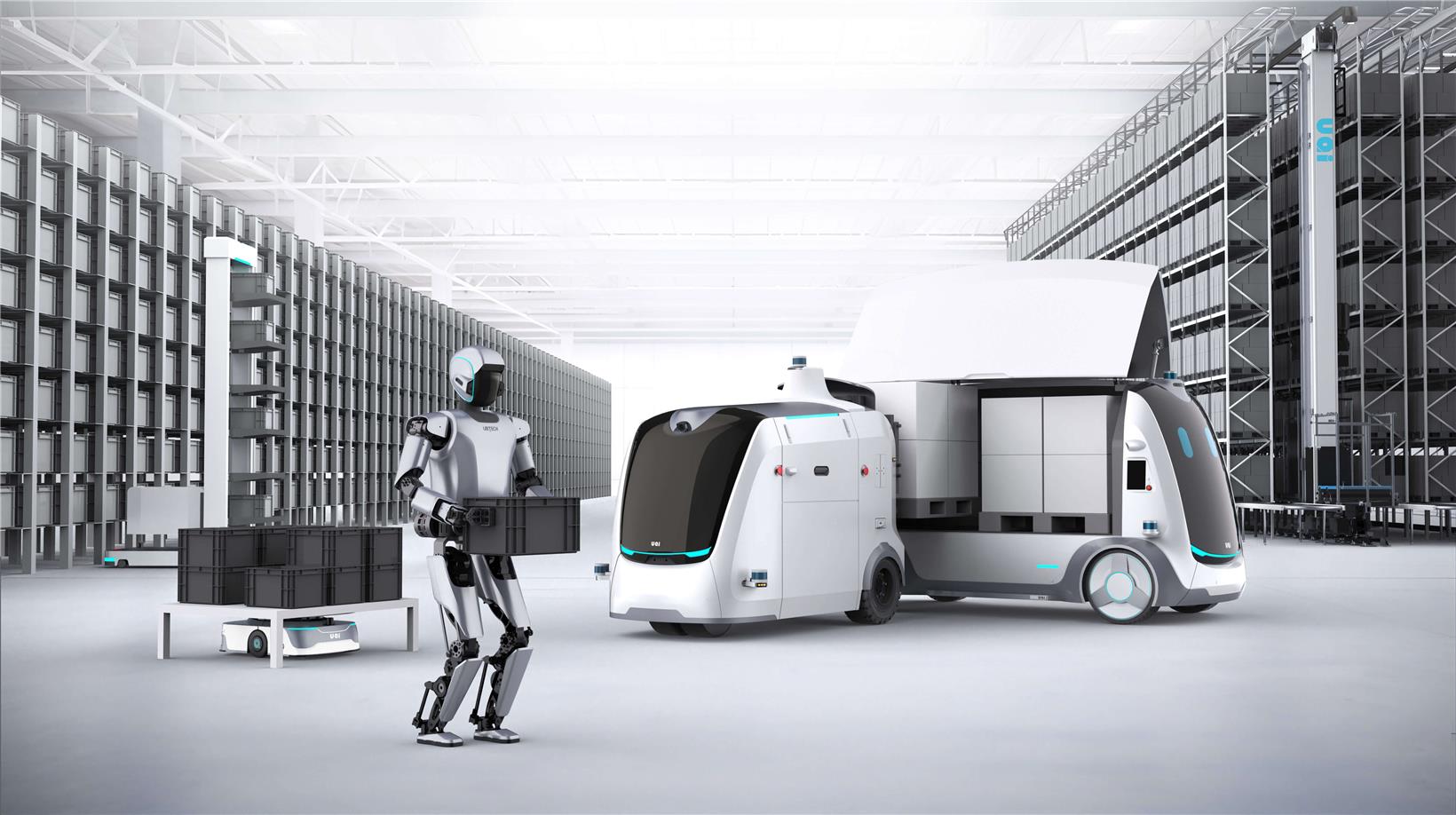
Navigating the Electric Vehicle Revolution
The automotive industry is undergoing a profound transformation as electric vehicles (EVs) move from niche products to mainstream options. This shift is driven by a combination of technological advancements, increasing environmental awareness, and evolving consumer preferences. Understanding the key aspects of this transition is crucial for consumers, manufacturers, and policymakers alike.
Advancements in Battery Technology and Range
A significant hurdle in EV adoption has been range anxiety, the fear of running out of power before reaching a charging station. However, rapid progress in battery technology is steadily alleviating this concern.
- Increased Energy Density: Newer battery chemistries and designs are allowing for more energy storage in the same physical space, leading to longer driving ranges on a single charge.
- Faster Charging Capabilities: The development of higher-power charging infrastructure and improved battery management systems is dramatically reducing charging times, making EVs more convenient for daily use and long-distance travel.
- Cost Reduction: As production scales and technology matures, the cost of battery packs, the most expensive component of an EV, is declining, making EVs more affordable.
Expanding Charging Infrastructure and Accessibility
The availability and convenience of charging infrastructure are paramount to the widespread adoption of electric vehicles. Significant investments are being made to build out a robust and accessible charging network.
- Public Charging Networks: Governments and private companies are expanding public charging stations in urban areas, along major highways, and at commercial locations like shopping centers and workplaces.
- Home Charging Solutions: The ease of charging at home overnight remains a major draw for EV owners, with increasingly sophisticated and affordable home charging units available.
- Interoperability and Standardization: Efforts are underway to standardize charging connectors and payment systems, making the charging experience more seamless across different networks and vehicle brands.
Growing EV Market Share and Consumer Demand
The market for electric vehicles is experiencing exponential growth, reflecting a clear shift in consumer priorities and the increasing availability of compelling EV models.
- Diverse Model Availability: Automakers are launching a wider array of EVs across different segments, from compact cars and SUVs to trucks and luxury vehicles, catering to a broader range of consumer needs and preferences.
- Lower Running Costs: Beyond the initial purchase price, EVs offer significant savings in terms of fuel (electricity is generally cheaper than gasoline) and maintenance, due to fewer moving parts.
- Environmental Consciousness: A growing segment of consumers is motivated by the environmental benefits of EVs, seeking to reduce their carbon footprint and contribute to cleaner air.
The transition to electric vehicles is a multifaceted evolution, characterized by substantial advancements in battery technology, the continuous expansion of charging infrastructure, and a burgeoning consumer demand driven by a wider selection of models and a desire for sustainable transportation. These interconnected developments are collectively paving the way for a cleaner and more efficient automotive future.